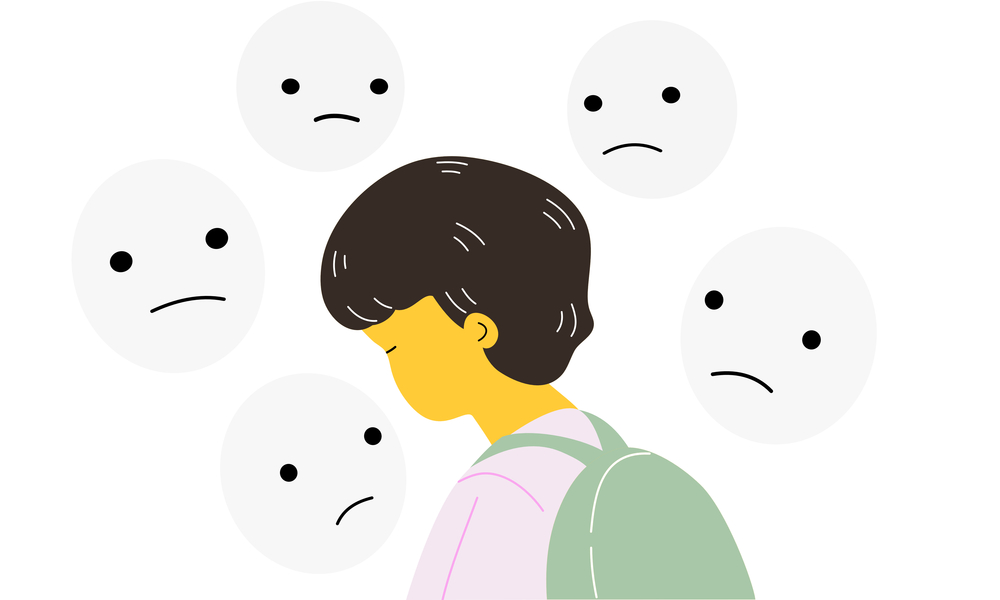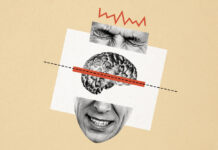A new study published in Culture, Medicine, and Psychiatry finds that stigma is common for Danish adolescents who have experienced psychosis. Participants also reported that psychosis was more stigmatizing than other mental health diagnoses.
According to the current work, headed by Dea Gowers Klauber of the Copenhagen University Hospital, strategic disclosure (or non-disclosure) of the experience of psychosis is a common stigma management strategy used by adolescents. Disclosure can be therapeutic and normalizing when the audience is understanding, but it can also lead to stigmatization.
The authors write:
“We find that stigmatization is widely experienced, and psychosis is generally regarded as more stigmatizing than co-morbid mental illnesses. The participants engage in different strategies to manage possible stigma, especially strategies of (non-)disclosure. Disclosure is experienced as both therapeutic and normative, but also bears the risk of stigmatization, and is therefore associated with numerous considerations.”
















I recently helped to protect a loved one suffering from the worst “psychosis” I’ve ever personally witnessed (likely caused by a bad heart med combo being appropriately withdrawn, without being appropriately replaced, and alcohol encephalitis) heal with a brief course of low dose of lithium (300mg/twice a day).
“Psychosis” is NOT a “life long, incurable, genetic ‘mental illness.'” But it can be created with the antidepressants and antipsychotics, via anticholinergic toxidrome poisonings.
It’s long past due for the “mental health” professions, and big Pharma, to stop lying to the public about so called “psychosis.” Although that doesn’t mean it isn’t somewhat unmanageable and scary when trying to help someone who is dealing with it.
Report comment